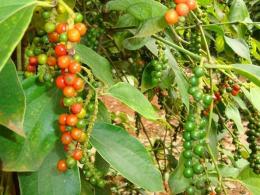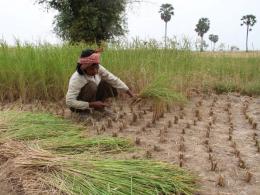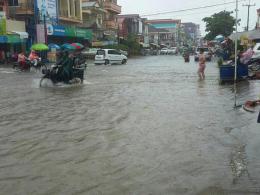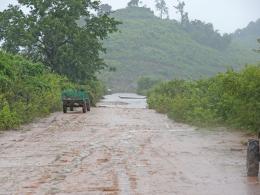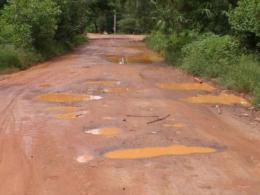Increasing the Knowledge of the Water Cycle in order to Reduce Vulnerability to Climate Change Hazards through an Integrated Approach
Background
Cambodia figures amongst the most vulnerable countries to climate change according to the “Climate Change (CC) Vulnerability Mapping for South East Asia”. Disasters related to CC will have consequences on rural human activities that may affect up to 80% of the Cambodian population, as, the dominant agriculture sector employed 57.6 % of the national labour force (CCCSP 2014-2023). The significant role that agriculture plays in the economy of the country indicates the high importance of having reliable sources of water. However, the complex and cross-sector character of natural disasters can have devastating impacts, notably involving water cycle deregulation. Indeed, water is a crucial natural resource for human development and environmental preservation. However, in the case of CC hazards it has become a major issue. This project will attempt to address this issue using a science-based response in order to mitigate CC risks and consequences on vulnerable rural communities.
Overall Objective
To reduce climate change impacts on rural communities by building capacities on water management for CC adaptation and strengthening the Provincial Department of Water Resource and Meteorology (PDoWRaM) in Oddar Meanchey province.
Expected Results
- Document and record reliable water cycle data in order to assess which are the most appropriate responses to climate change impacts, based on relevant evidence.
- Strengthen the capacity of Farmer Water User Committees in participatory irrigation management spreading Climate Change adaptation measures.
- Support and strengthen ownership on water management adapted to climate change, by training the Provincial Department of Water Resources Management and promote a Rural Engineering curriculum at ITC.
Location
Oddar Meanchey: Chong Kal, Along Veng and Trapaing Prasat district
Beneficiaries
The beneficiaries will be the PDoWRaM staff, farmers using the irrigation scheme in Chong Kal and three bachelor’s students from Department of Rural Engineering will receive internships.
Approach
The project will support full monitoring of the water cycle in the Stung Sreng watershed, including ground water, meteorological and hydrological stations, and flood risk mapping. The project will build capacities of Government officials and local communities to design, build and operate water infrastructures in a climate-smart way, using water cycle information.


